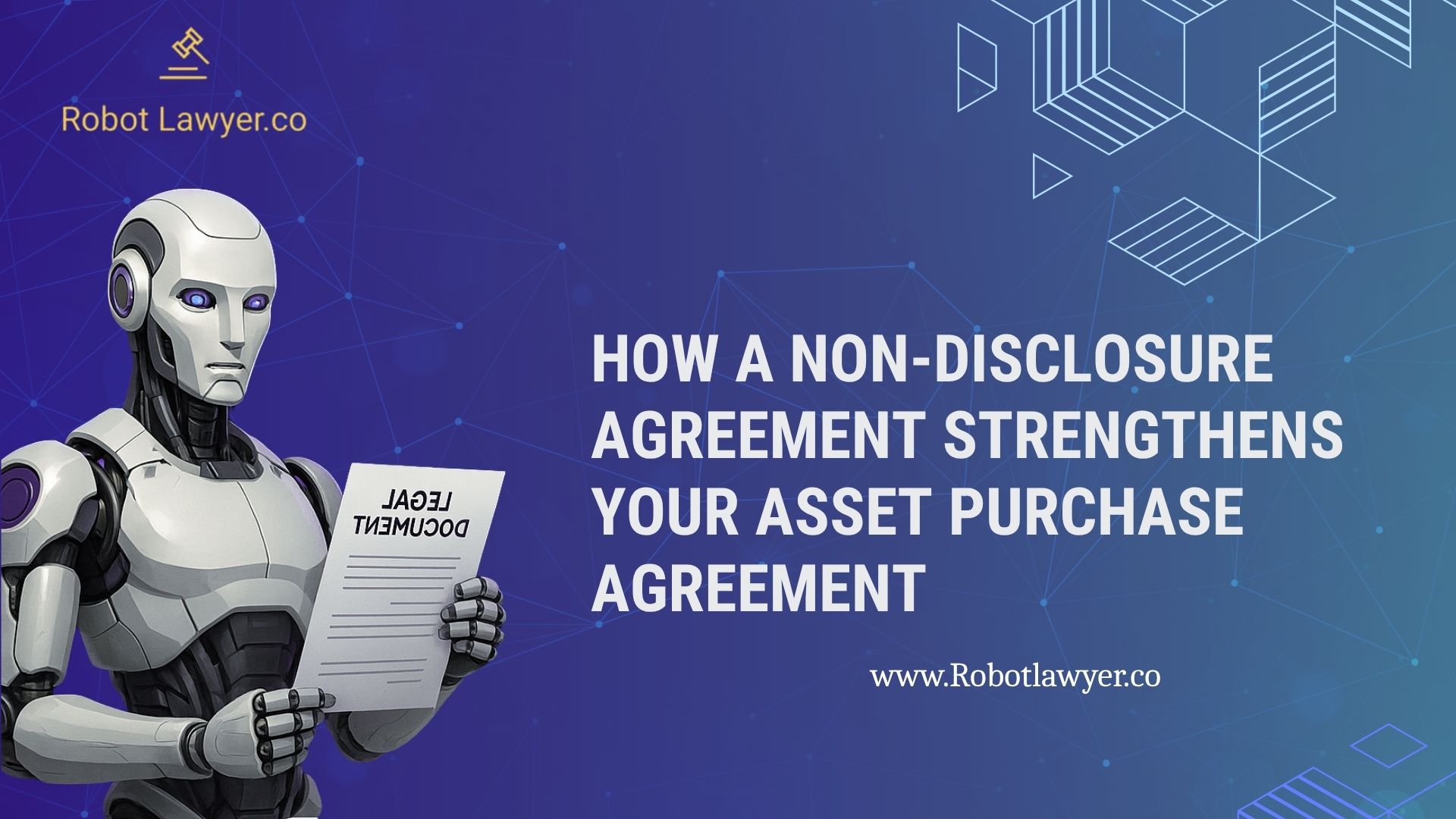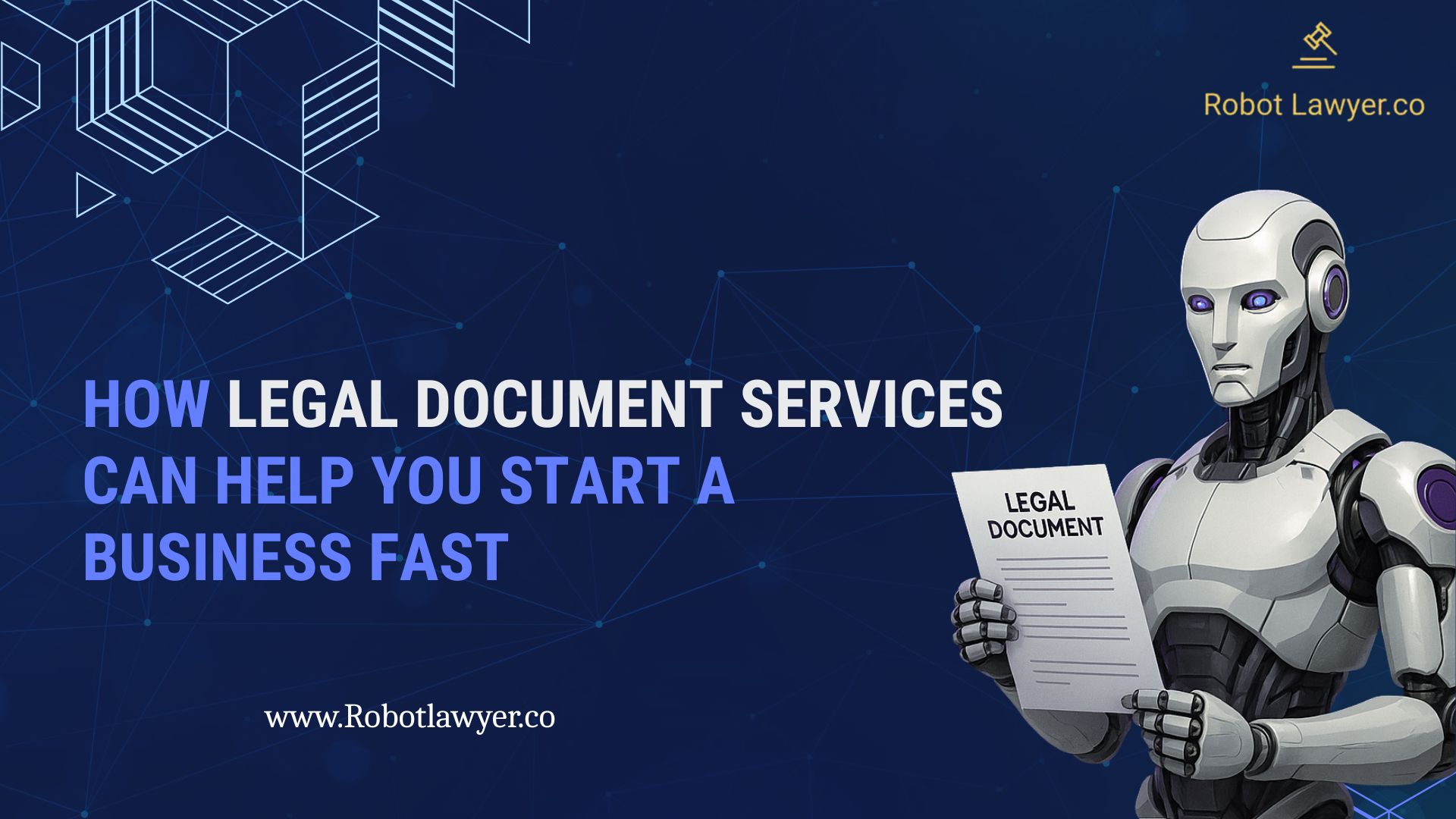How a Non-Disclosure Agreement Strengthens Your Asset Purchase Agreement

Strong 8k brings an ultra-HD IPTV experience to your living room and your pocket.
Introduction
Let’s be real—buying or selling a business isn’t just a handshake deal. There's paperwork, negotiations, and, most importantly, secrets. That’s where a Non-Disclosure Agreement (NDA) becomes a silent hero in protecting your asset purchase agreement. Whether you’re acquiring intellectual property, customer lists, or company equipment, you’ll want those details to stay hush-hush. In this guide, we’ll explore how NDAs work hand-in-hand with asset deals and why they’re a must-have for savvy entrepreneurs.
What is an Asset Purchase Agreement?
An asset purchase agreement is a legal contract that lays out the terms of buying specific assets of a company, rather than purchasing its stock or ownership shares.
Key Elements of an Asset Purchase Agreement
- Purchase price and payment terms
- List of assets included/excluded
- Representations and warranties
- Closing conditions
- Indemnification clauses
Compared to stock purchases, asset purchases allow buyers to cherry-pick what they want—minus the liabilities. That said, without the right protections in place, even this “cleaner” option can get messy.
Understanding a Non-Disclosure Agreement (NDA)
A Non-Disclosure Agreement is a legally binding document where parties agree to keep specific information confidential. Think of it as a vow of silence—signed and sealed.
Why Use an NDA?
- Prevent leaks of trade secrets
- Protect proprietary data like client lists or pricing strategies
- Create a safe space for honest discussions
Types of NDAs
- Unilateral NDA: One party shares confidential info.
- Mutual NDA: Both parties exchange sensitive info.
The Intersection of NDAs and Asset Purchase Agreements
So, where do these two legal tools cross paths? Right at the negotiation table. NDAs set the tone before the asset purchase agreement is even finalized.
- Before the deal: Parties need to disclose sensitive financials and operations.
- During the deal: Discussions might reveal trade secrets.
- After the deal: Confidentiality still matters—especially for transition plans or staff integration.
An NDA acts as a legal force field, making sure nobody walks away with your business’s crown jewels.
Benefits of Including an NDA in Your Asset Purchase Agreement
Protecting Sensitive Information
From intellectual property to operational processes, your assets hold value not just in ownership—but in the secrets they keep. NDAs ensure these stay confidential throughout the transaction.
Avoiding Competitive Risks
Let’s say the buyer backs out of the deal. Without an NDA, they could easily walk away and copy your systems. Scary thought, right?
Building Trust Between Parties
Transparency only works when there’s security. NDAs create a space where both buyer and seller can communicate openly without fear of exposure.
Enhancing Negotiation Integrity
By shielding sensitive data, NDAs keep negotiations focused and professional, free from distractions or underhanded tactics.
Key Clauses in an NDA for Asset Purchases
Definition of Confidential Information
Spell out exactly what’s off-limits—financial statements, customer data, software code, you name it.
Duration of Confidentiality
This clause outlines how long the information must stay secret, typically 2 to 5 years.
Permitted Disclosures
Some info may need to be shared with advisors or regulators. Be clear about who qualifies and under what terms.
Legal Remedies for Breach
What happens if someone spills the beans? This clause outlines the consequences—from monetary damages to court orders.
How NDAs Strengthen Due Diligence
Due diligence is when the buyer kicks the tires of your business. You can’t hide key info—but you can protect it.
- Keeps your secrets secure during audits
- Encourages full disclosure with legal backup
- Protects proprietary formulas, codes, or customer lists
NDAs and Employee Confidentiality
Your employees might need to help during the transition. That doesn’t mean their knowledge should walk out the door.
- Include staff in the NDA if they’re part of the deal
- Protects internal methods and employee know-how
NDA Enforcement and Legal Recourse
If someone breaches the NDA, what’s next? You may pursue:
- Injunctions to stop further leaks
- Damages to recover financial losses
- Court enforcement depending on your jurisdiction
Tip: Always ensure the NDA includes jurisdiction and dispute resolution clauses.
Common Mistakes to Avoid
- Using generic templates: One size does NOT fit all.
- Vague definitions: Ambiguity creates loopholes.
- Skipping updates: Tailor the NDA to each specific asset purchase agreement.
Customizing Your NDA for Your Asset Purchase Agreement
Every deal is different. Your NDA should be too.
- Customize language to reflect the nature of your transaction
- Align it with your asset purchase agreement terms
- Get legal professionals (or robot lawyers) involved
Role of Robot Lawyers in NDA and Asset Purchase Agreement Drafting
Don’t want to spend a fortune on legal fees? That’s where robot lawyers shine.
- Fast, affordable, and AI-powered
- Generate custom NDAs and APAs in minutes
- Reduce risk of human error with smart logic
- Ideal for startups, small businesses, and entrepreneurs
Case Study: How an NDA Saved a Business Deal
A mid-sized SaaS company planned to sell its customer database as part of an asset purchase agreement. An NDA was in place, which prevented the buyer from poaching clients during negotiations. When talks failed, the seller discovered the buyer trying to solicit those clients—and swiftly enforced the NDA in court. Result? The buyer paid damages and was barred from further contact.
Lesson: An NDA isn’t just paper—it’s power.
Conclusion
In any asset purchase agreement, an NDA isn’t optional—it’s essential. It protects your secrets, secures your future, and creates a safe space for deal-making. Whether you're a buyer, seller, or a legal pro navigating the details, integrating a strong NDA is a smart move that keeps your deal—and your reputation—intact.
FAQs
1. What’s the difference between an NDA and an APA?
An NDA protects confidential information during a deal, while an APA outlines the legal terms for buying business assets.
2. Is an NDA legally enforceable?
Yes—if it’s well-written and includes clear terms, it can be upheld in court.
3. Do I need an NDA if the asset purchase is small?
Even small deals involve sensitive information. Better safe than sorry.
4. Can one NDA cover multiple transactions?
Yes, but it's smarter to tailor each NDA to the specific transaction to avoid gaps.
5. How do I get a custom NDA for my business?
You can consult a lawyer—or use AI-powered solutions like robot lawyers for fast, custom documents.
Note: IndiBlogHub features both user-submitted and editorial content. We do not verify third-party contributions. Read our Disclaimer and Privacy Policyfor details.



